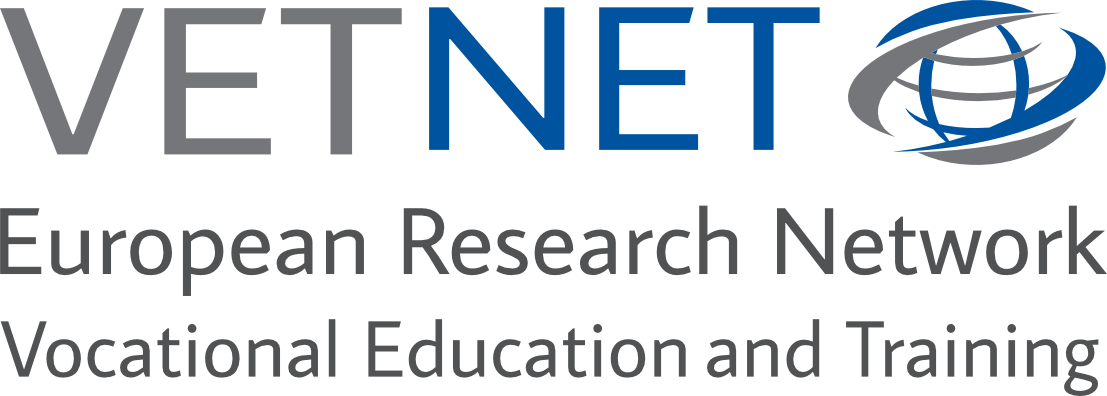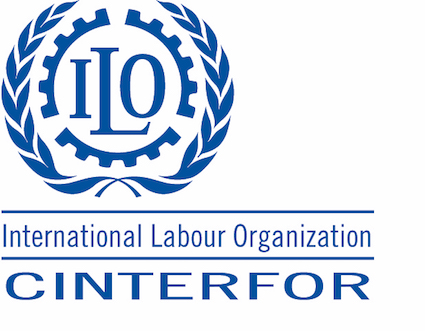The Role of Higher Education Through the Eyes of Hungarian Undergraduate Students and Graduates: A Qualitative Exploratory Study
DOI:
https://doi.org/10.13152/IJRVET.12.1.3Keywords:
Higher Education, Vocational Education and Training, VET, Labour Market, Competence Development, Graduates, CompetenciesAbstract
Context: Most education systems equip graduates with the professional knowledge and cognitive skills needed to enter the world of work. However, there are other competencies also important for young graduates to become successful employees. Due to the growing uncertainty that characterizes the labour market, the demand for non-cognitive skills (communication, collaboration, critical thinking etc.) that support employee development potential and better integration has increased significantly. However, higher education institutions often transmit a culture that is different from that of workplaces. The aim of our study is to explore the role of the examined higher education institution in preparing students for the labour market. Our long-term goal is to support institutional development on the basis of this data.
Methods: To answer these questions, semi-structured inteviews were conducted. Qualitative research methods were preferred, which offer the possibility of uncovering hidden mechanisms. The selection criterion for participants (n=18) was that they had obtained their diploma within the last three years, while, for the other portion of the interviewees, a selection criterion was that they were full-time students. The participants are students of the same rural higher education institution. To ensure the validity and reliability of the research results, personal triangulation was validated using the intercoding technique, which is suitable for a priori coding.
Results: The results confirmed that higher education institutions provide a good foundation for entering to the labour market, but the development of broad competencies is less advanced. Frequent reference was made to the dominance of theory at the expense of practical orientation. Additionally, participants emphasized that they did not see relevance of the course material and its future applicability to the labour market, and, in some cases, they mentioned problems relating to the attitudes of instructors and the quality of the training provided for the students. A portion of the undergraduate students who work (in addition to being in school) believe that they acquired the most important skills during student employment and not during their higher education studies.
Conclusions: One of the challenges for higher education is to prepare students to meet employers' needs by developing students’ competencies. During their years in higher education, students should be equipped with a set of competencies that will ensure their integration into the labour market. Our current research contributes to this goal by mapping the competencies, and highlighting where there is room for improvement which can contribute to graduates' success at work.
Downloads
Online First / Final Publication Date
How to Cite
Issue
Section
URN
License
Copyright (c) 2025 Zsófia Kocsis, Gabriella Pusztai

This work is licensed under a Creative Commons Attribution-ShareAlike 4.0 International License.





